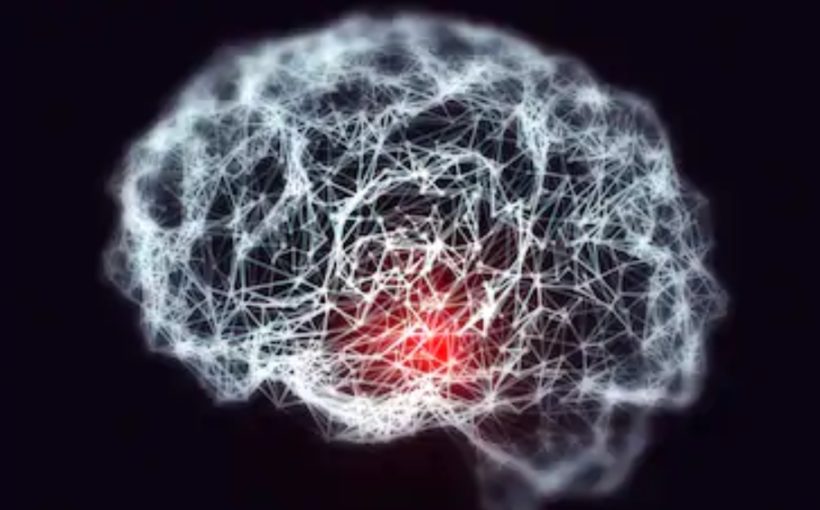Schizophrenia and bipolar disorder tend to run in families, as relatives share genetic risk factors and exposure to life events that can increase risk of the disease, referred to as environmental risk factors. “We were interested in the relationship between this increased risk for schizophrenia or bipolar disorder and brain development,” said first author Sonja M.C. de Zwarte, MSc, University Medical Center Utrecht, The Netherlands.
Relatives of bipolar disorder patients had larger intracranial volumes — a measure that includes total brain tissue and cerebrospinal fluid — and relatives of schizophrenia patients had smaller brain volumes when compared with people without family history of these disorders.
“The size of intracranial volume is considered a marker for early brain development. Thus, our findings suggest that the familial risk for these disorders is influencing brain development already early in life, and in a different manner,” said Ms. de Zwarte. The differences in brain development between the disorders will be an important consideration for future brain imaging studies of psychiatric disorders.
“Recent focus on dimensional cross-diagnostic features of psychiatric disorders has deemphasized important complementary categorical distinctions. This imaging genomics study reminds us of the potential importance of these categorical distinctions,” said John Krystal, MD, Editor of Biological Psychiatry.
The researchers also found differences in brain anomalies when the participants were separated by their relationship with the patients, though no clear pattern developed based on relative type. First-degree relatives share about 50 percent of their genes, so the variation between the types of first-degree relatives suggests that environmental risk factors also contribute to the brain anomalies in family members.
The international collaborative study by researchers of the ENIGMA consortium was the largest examination of first-degree relatives of patients with schizophrenia or bipolar disorder, including over 6,000 brain imaging datasets in a meta-analysis. The study emphasizes the usefulness of studying family members of people with psychiatric disorders to better understand how risk of the illnesses affects the brain, an approach that avoids the disease or medication effects that complicate studies of patients.
Source: Elsevier


